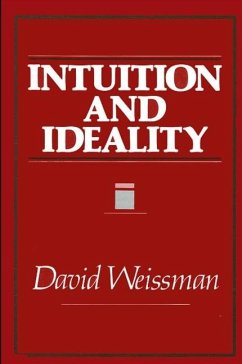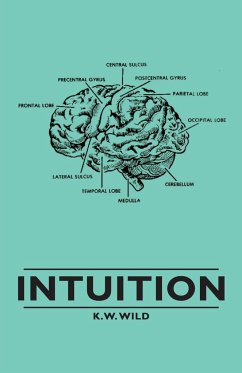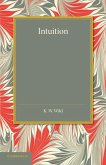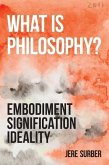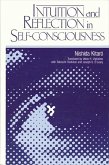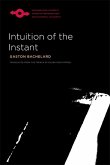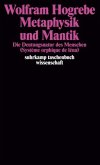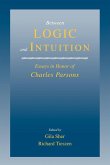This book shows how idealism is a consequence of the intuitionist method. Idealism develops from mental content inspected by mind, or as mind characterizing itself. Weissman declares that the idea of an independent world, of a nature whose character and existence are independent of mind, cannot be recovered until we repudiate the intuitionist method. This psycho-centric ontology has been pervasive in Western philosophy since Parmenides and Plato. Intuition and Ideality characterizes its varieties, dialectical cycles, and idealist consequences. What is required is a method that is speculative and testable--a method that makes speculation responsible by testability. Weissman characterizes such a hypothetical method, and he describes some of the categorical features that are discovered in the world as this alternative method is used.
Hinweis: Dieser Artikel kann nur an eine deutsche Lieferadresse ausgeliefert werden.
Hinweis: Dieser Artikel kann nur an eine deutsche Lieferadresse ausgeliefert werden.

